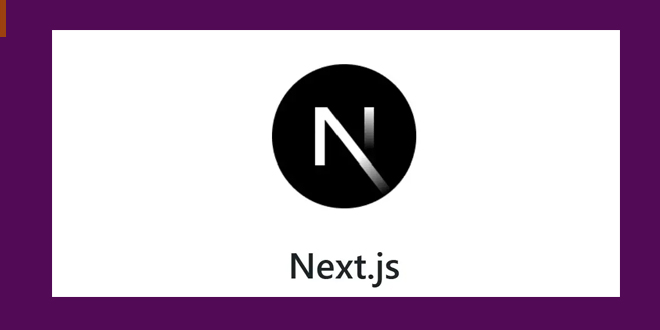Next.js, a widely used React framework for building full-stack web applications, has fixed a serious security vulnerability. Used by many large companies, Next.js facilitates rapid development with advanced React features and Rust-based JavaScript tools. A recent security advisory has highlighted a critical authorization bypass issue that requires urgent action from developers.
The CVE-2025-29927 advisory, rated 9.1 on the CVSS scale, reveals a serious flaw in Next.js middleware. It states that authorization checks in middleware can be bypassed, allowing attackers to access protected resources in affected applications.
By infosecbulletin
/ Wednesday , September 17 2025
Check point, a cyber security solutions provider hosts an event titled "securing the hyperconnected world in the AI era" at...
Read More
By infosecbulletin
/ Tuesday , September 16 2025
Cross-Site Scripting (XSS) is one of the oldest and most persistent vulnerabilities in modern applications. Despite being recognized for over...
Read More
By infosecbulletin
/ Monday , September 15 2025
Every day a lot of cyberattack happen around the world including ransomware, Malware attack, data breaches, website defacement and so...
Read More
By infosecbulletin
/ Monday , September 15 2025
A critical permission misconfiguration in the IBM QRadar Security Information and Event Management (SIEM) platform could allow local privileged users...
Read More
By infosecbulletin
/ Monday , September 15 2025
Australian banks are now using bots to combat scammers. These bots mimic potential victims to gather real-time information and drain...
Read More
By infosecbulletin
/ Saturday , September 13 2025
F5 plans to acquire CalypsoAI, which offers adaptive AI security solutions. CalypsoAI's technology will be added to F5's Application Delivery...
Read More
By infosecbulletin
/ Saturday , September 13 2025
The Villager framework, an AI-powered penetration testing tool, integrates Kali Linux tools with DeepSeek AI to automate cyber attack processes....
Read More
By infosecbulletin
/ Saturday , September 13 2025
Samsung released its monthly Android security updates, addressing a vulnerability exploited in zero-day attacks. CVE-2025-21043 (CVSS score: 8.8) is a...
Read More
By infosecbulletin
/ Saturday , September 13 2025
Albania has appointed the first AI-generated government minister to help eliminate corruption. Diella, the digital assistant meaning Sun, has been...
Read More
By infosecbulletin
/ Thursday , September 11 2025
On September 1, 2025, Qrator Lab identified and managed a major attack from the largest L7 DDoS botnet seen so...
Read More
Middleware in Next.js intercepts requests before they reach the application’s routes. It’s often used for authorization to ensure that only authenticated users can access certain parts of the app. However, a newly discovered vulnerability allows attackers to bypass these checks, risking data breaches, unauthorized actions, and service disruptions.
The Next.js team quickly released patched versions to fix CVE-2025-29927. The security advisory clearly states the necessary updates:
For Next.js 15.x, this issue is fixed in 15.2.3
For Next.js 14.x, this issue is fixed in 14.2.25
If you’re using either of these major versions, updating to the mentioned version is the most important step to fix this vulnerability.
If you’re using older versions of Next.js (11.1.4 to 13.5.6), applying the latest patches may be difficult. The advisory suggests blocking requests with the x-middleware-subrequest header to protect your application, as this header is essential for exploiting the vulnerability. However, be aware that this workaround may affect some features, and upgrading to a patched version should be the priority.
 InfoSecBulletin Cybersecurity for mankind
InfoSecBulletin Cybersecurity for mankind














